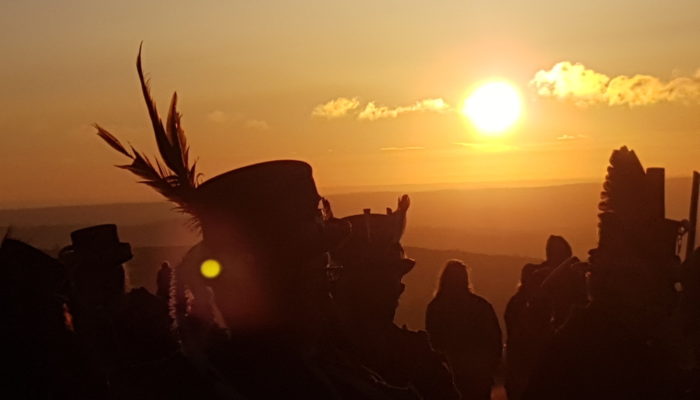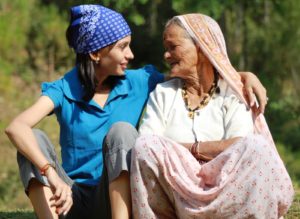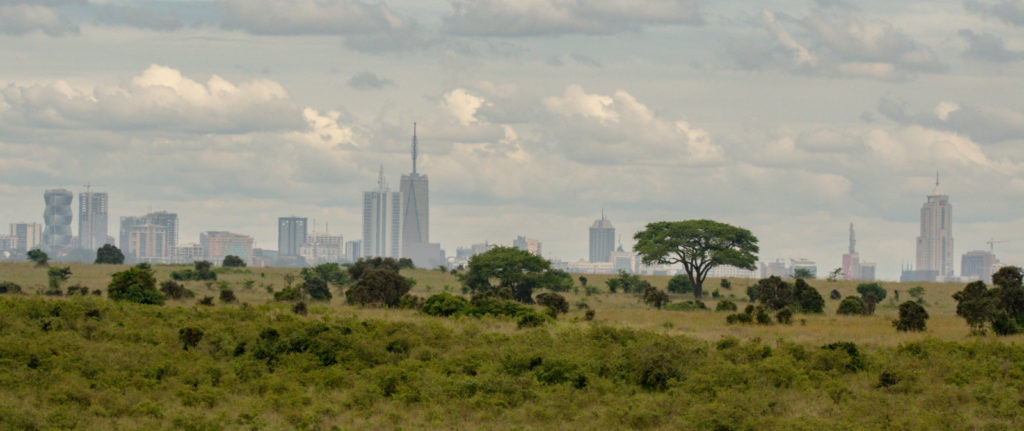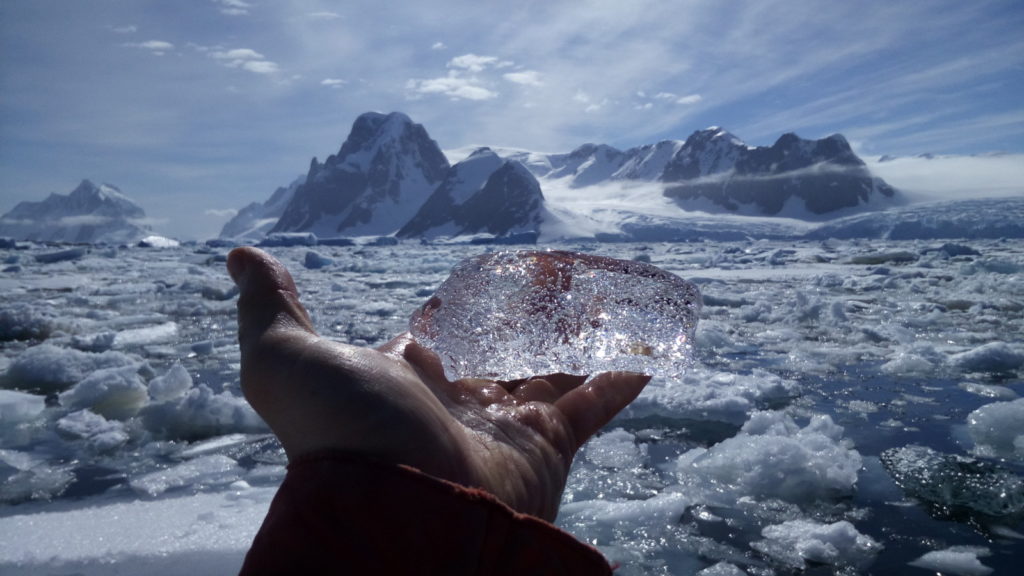
The deadline for vEGU21 abstract submission is coming closer – over the course of the next two weeks, we highlight sessions across the five BG themes, starting with General Biogeosciences sessions focused on social geosciences, community and earth resilience, health and urban systems and geoscience knowledge transfer to policy and society.
With Social Geosciences: A New Paradigm to Characterize Long-Term Community Resilience (Co-organized by ITS2.1/CL3.2.10/BG1), Atreyee Bhattacharya and Gaurav Arora propose that the necessary paradigm shift in the earth systems sciences should view and understand human society as an active player of the ‘earth system’. This session calls for contributions focused on environmental and climate variations at regional and local scales during the Anthropocene (and late Holocene), the development of tools and methods for stakeholder focused collaborative research for making communities more resilient to climate and environmental change.
Co-conveners Julia Meister, André Kirchner, Guido Stefano Mariani, Kathleen Nicoll and Hans von Suchodoletz propose to learn from the past through the diversity of human responses and adaptations to changing climate and (availability of) natural resources to inform our strategies for the challenges of the Anthropocene. The session Geoarchaeological records of human-landscape interaction: from a nature-dominated world to the Anthropocene (Co-organized by GM12.7/BG1/CL3.1/SSP2/SSS3) invites contributions on geoarchaeological case-studies for reconstructing human-environmental interactions from the Palaeolithic period through the modern.
The UN Sustainable Development Goals and the Paris Agreement on climate of 2015 recognised the deteriorating resilience of the Earth system, which depends on the interplay of positive and negative feedbacks as well as on socio-economic processes. Rapid global-scale socio-economic transformations are needed in face of increasing environmental hazards and the risk of crossing tipping points in the Earth system. Jonathan Donges, David Armstrong McKay, Sarah Cornell, James Dyke and Ricarda Winkelmann invite contributions to Earth resilience and tipping dynamics in the Anthropocene (Co-organized by CL3.1.10/BG1/CR7/NP8) that focus on, for example, modelling and data analysis, tipping points and abrupt shifts in the Earth system, and the potential for rapid social transformations to global sustainability.
Parallel to this, Using Earth system science to understand climate change and its impacts: Results of the Franco-German “Make Our Planet Great Again” research initiative and beyond (Co-organized by CL4.34/BG1 and co-convened by Sara Todorovic, Gayane Asatryan, Emilie Capron, Helmuth Thomas and Henry Wu) explores the Earth system science research initiative of France and Germany to better understand climate change impacts on natural and socio-economic systems ranging from basic to solution-oriented research.
One of the goals of the UN 2030 Agenda – among other international agreements – is that urban systems have to increase well-being and health as they host a constantly increasing share of the world’s population. The ongoing Covid-19 pandemic and responses reduce its impact call for long term visions based on transdisciplinary scientific advances. Daniel Schertzer, Klaus Fraedrich, Gaby Langendijk and Gabriele Manoli’s session Covid-19 pandemic: health, urban systems and geosciences (Co-organized by EOS7/BG1/CL3.2/NH8/SSS12, co-sponsored by AGU and JpGU) calls for contributions from data- and theory-driven approaches of urban health under global change.
The session Geosciences Evidence syntheses and knowledge transfer to policy and society (Co-organized by SSS12.4/EOS7/BG1/GM12 and co-convened by Calogero Schillaci, Pasquale Borrelli, Jacqueline Hannam, Alessia Perego, Nicola Randall) invites contributions on systematic literature searches, meta-analysis and systematic evidence synthesis from a range of earth sciences to discuss the impact of environmental processes, conservation and management strategies, problems and innovations in evidence synthesis and quantitative methodological approaches for retrieving general outcomes from previous studies, the use of grey literature, reports from national and international governmental institutions, and non-governmental organizations.
Nature-based Solutions are part of policy responses to environmental challenges (e.g. The European Green Deal), building on concepts of ecosystem-based adaptation/mitigation, disaster risk reduction, sponge cities etc. With Nature-Based Solutions for Global Environmental Challenges (Co-organized by BG1/CL3.2/NH1/SSS12/ITS2.14/HS12.2), Zahra Kalantari, Carla Ferreira, Haozhi Pan and Paulo Pereira invite contributions on applications, evidence and novel conceptualisations for understanding how nature-based solutions can contribute towards achieving the United Nations’ Sustainable Development Goals.
The climate response under different emission scenarios and improving our knowledge of carbon budgets consistent with meeting various levels of warming will be explored in Towards a net-zero world: remaining carbon budgets, climate response to different emission pathways, and implications for policy (Co-organized by CL3.2.18/BG1/ERE1). The conveners Katarzyna Tokarska, Andrew MacDougall, Joeri Rogelj and Kirsten Zickfeld invite contributions using fully coupled Earth System Models, Integrated Assessment Models or simple climate model emulators as well as contributions on climate policy and carbon budget economics and benefits of early mitigation.
Blogpost written by Alexandra Rodler



